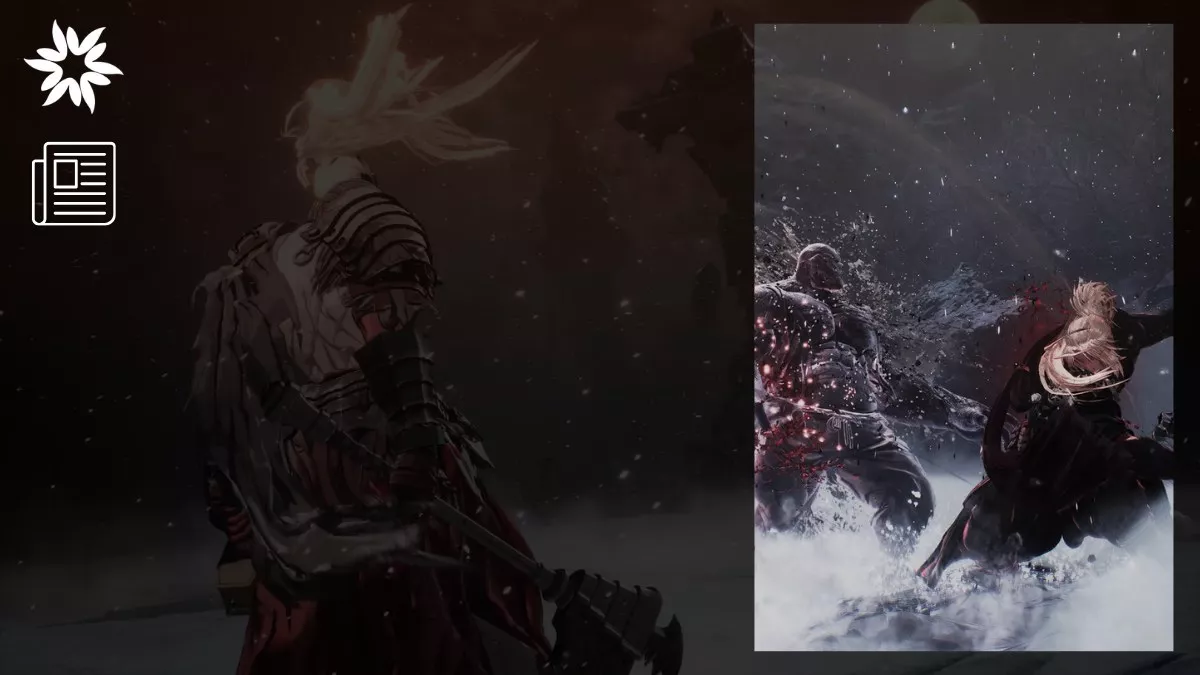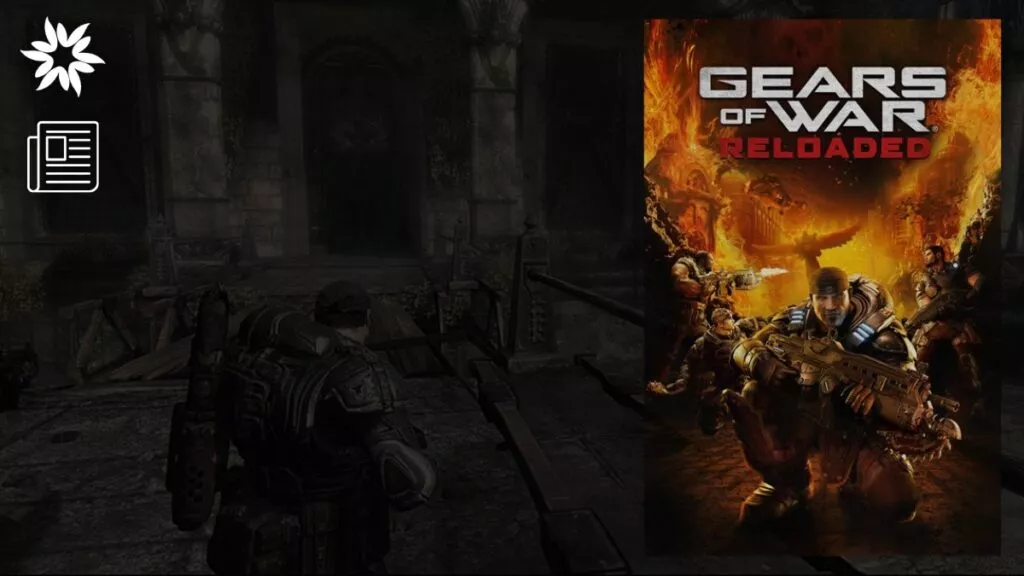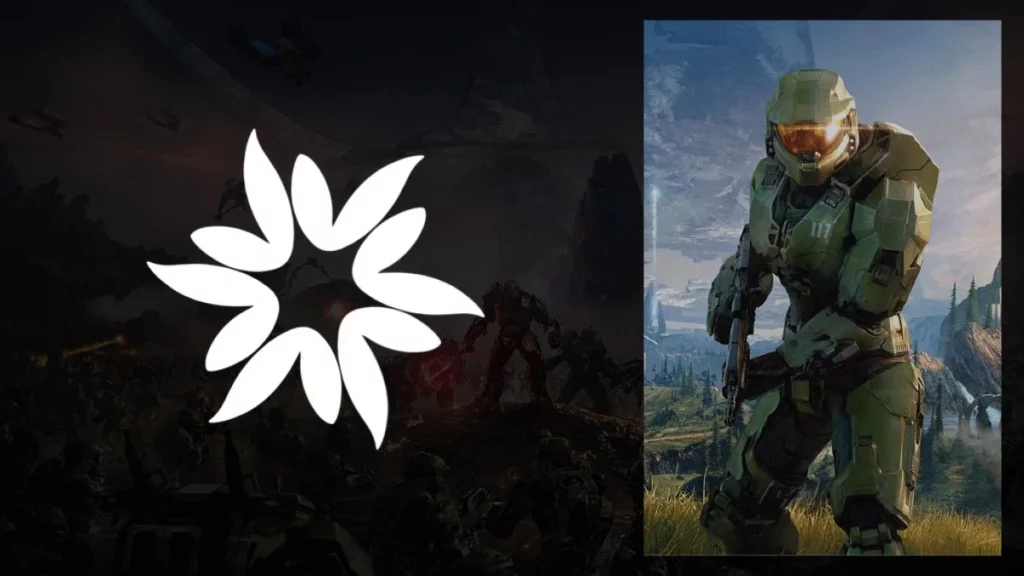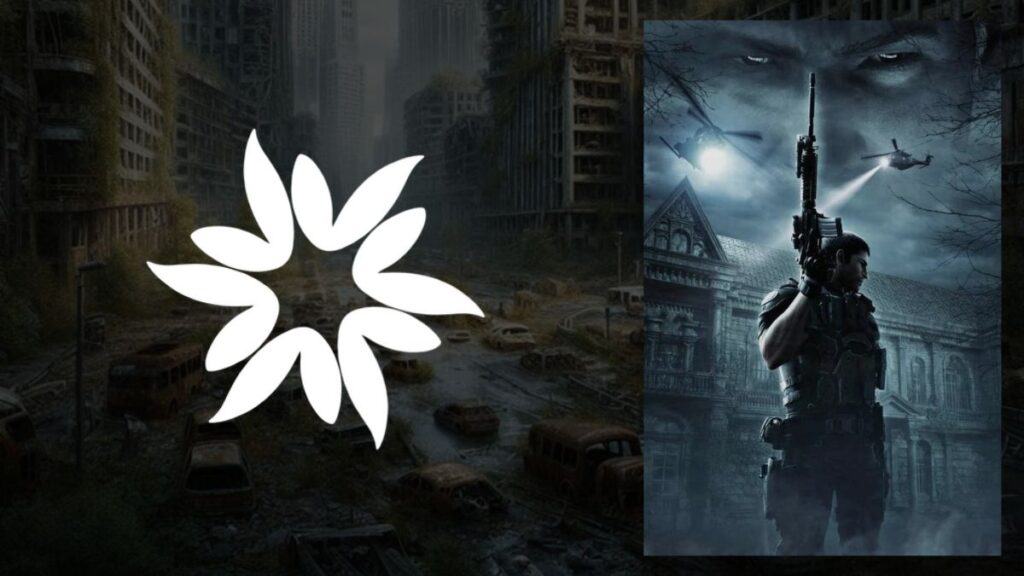The First Berserker: Khazan is an action RPG developed by Neople and published by Nexon. It is based on the Dungeon & Fighter universe but does not require any knowledge of the original game.
As a Soulslike, the game follows a familiar formula of punishing combat, checkpoint-based progression, and minimal hand-holding. However, it sets itself apart with fast, technical gameplay and a heavy focus on high-stakes boss fights.
Key Takeaways
- Bosses are the heart of Khazan – brutally tough, incredibly rewarding, and masterfully designed.
- Combat is technical, fast, and fierce, rewarding precision, timing, and patience over grinding.
- Khazan reuses many elements but shines in its challenge, standing tall among the toughest Soulslikes despite a weak story and repetitive missions.
A Fallen General Fueled by Revenge and the Netherworld
The story centers around General Khazan, a former hero of the Pell Los Empire. After being falsely accused of treason, Khazan is captured, mutilated, and exiled to the mountains. During a snowstorm, he encounters a powerful spirit from the Netherworld, the Blade Phantom. This entity revives him and grants dark powers in exchange for control over his body.
Khazan begins a quest to take revenge on the empire that betrayed him. Meanwhile, the Blade Phantom has its own goals, creating a conflict between the host and the parasite. The story serves as a setup for the action and progresses mostly through narrated still images. Several characters appear throughout the game—villagers, fellow soldiers, and strange advisors—but rarely impact the narrative meaningfully.
The central hub area, The Crevice, is a mysterious floating sanctuary filled with broken structures. Despite its unique look, it serves primarily as a functional space for upgrading equipment, managing inventory, and accepting missions. It provides little in the way of exploration or narrative depth.
Fast Combat, Few Weapons, and Deep Customization
The combat system is the main focus of The First Berserker: Khazan. Players choose between three weapon types: a heavy greatsword for strong defense, a stamina-draining spear for precision, and a fast dual-blade setup for aggressive play. Each weapon comes with its own dedicated skill tree and unique combo moves.
Every combat encounter requires careful timing and smart stamina management. Players can dodge, guard, parry, and counterattack. If dodging or guarding is timed perfectly, special “brink” effects, such as stamina recovery or damage reflection, are triggered. Red attacks, which are normally unblockable, can be countered using special skills unlocked through the skill tree.
Switching between weapons mid-game is possible but impractical. Each weapon plays differently enough that switching often feels like changing to an entirely new class. Although skill points can be reset at any time, the system for doing so is clunky. As a result, most players tend to commit to one weapon for most of the game.
Skill points are earned separately from stat upgrades. They are gained through battle experience, while stats are upgraded using Lacrima, the game’s currency earned by defeating enemies. This system encourages players to stay in the fight rather than farm low-level enemies.
Bosses Define the Game’s Identity
The major missions end with a boss fight that serves as a serious test of timing, observation, and stamina control. Bosses are known for their fast, multi-phase attacks, wide-area effects, and punishing damage output. One early boss lights the entire floor on fire, whereas another requires players to survive dual stages of attack with different patterns.
Bosses in Khazan are intentionally difficult and are designed to feel nearly impossible at first. However, the game helps players learn from failure. Dying during a boss fight grants Lacrima based on how much damage was dealt before death. This lets players gradually improve their stats while learning the boss’s attack patterns. Skill XP is also gained by simply staying in combat, regardless of success.
A Spirit of Advocacy—a summonable AI partner—can be used during boss fights. This spirit starts off weak but can be powered up by defeating special adversaries found in missions. Summoning the spirit requires currency earned from these mini-bosses.
Weak Mission Design and Reused Content
Although the boss fights are well-designed and rewarding, the standard missions leading up to them are less impressive. Most levels follow the same pattern: travel from point A to point B, defeat small groups of enemies, open shortcuts, and reach the boss. Puzzles are minimal, and level layouts rarely surprise.
Enemy variety is limited. Certain enemies, like lizardmen and archers, appear too frequently. Boss reuse is also a recurring issue. In some cases, side missions reuse a previously defeated boss with small changes and offer a weak explanation, such as calling the reused boss a “twin brother.”
Side missions occasionally remix level layouts or add minor challenges, but most feel repetitive. Nevertheless, they offer useful gear, skill points, and small bits of additional lore.
Gear and Skill Builds Add Depth to Combat
Despite the repetition in level design, the game’s gear and customization systems are well-crafted. Weapons and armor come with various stats and belong to different item sets. Set bonuses can drastically affect performance, such as reducing damage taken by 30% or boosting Spirit ally strength by 50%.
Players can reroll gear stats and adjust builds to suit different playstyles. This system allows for experimentation and strategic planning, especially in preparation for harder boss fights.
Strong Visuals and Performance Support the Experience
The First Berserker: Khazan uses a 3D cel-shaded art style that gives it a stylized anime-inspired appearance. The environments are visually diverse, ranging from snowy landscapes to corrupted temples and twisted forests. The skyboxes and background details are especially well done.
The game runs smoothly on high settings. No crashes, texture issues, or performance drops were observed during testing. The audio is also impressive. Boss music is dynamic and fits the tone of each fight, sometimes even changing as the fight progresses.
Long Playtime, No Multiplayer, and a Harsh Challenge
A full playthrough, including most side content and achievements, takes around 77 to 80 hours. The game does not offer any multiplayer features, which makes the lack of a pause button unusual. However, it does provide tools such as the Spirit of Advocacy and detailed gear options to help with progression.
The difficulty level is high from the beginning. The second boss already features multiple phases, and later fights introduce status effects and fire hazards alongside area-wide attacks. The game clearly expects players to lose and learn rather than overpower enemies through grinding.
Even though it has a harsh nature, the game does include moments of humor. Traps, fakeouts, and strange side quests—like one involving an armed gorilla that later becomes a mini-boss—help balance the tone and break up the constant tension.








